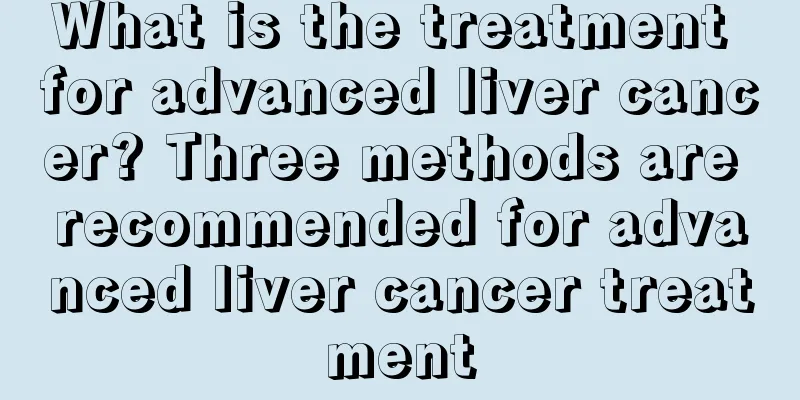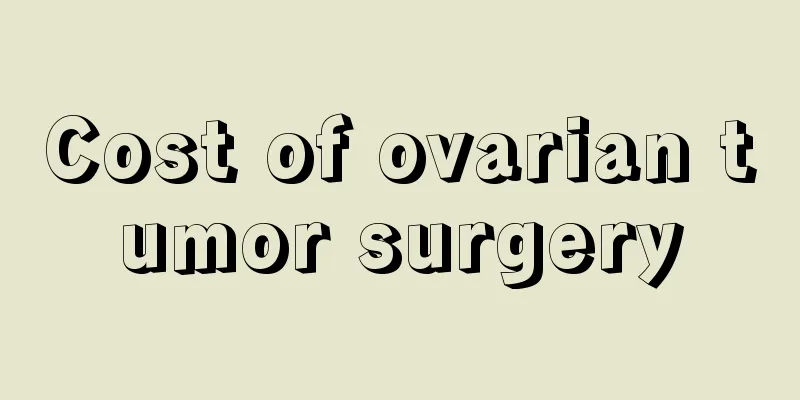Pay attention to health education of gastric cancer patients after chemotherapy

|
Due to gastrointestinal discomfort and systemic pain, most gastric cancer patients suffer from pessimistic emotions such as anxiety, depression, and disappointment. In addition, the adverse reactions of chemotherapy can have varying degrees of negative impact on the patient's physiological functions and psychological state. Therefore, health education for gastric cancer patients undergoing postoperative chemotherapy is very necessary. 1. Development of a health education plan: Family members should cooperate with medical staff to develop a practical health education plan for patients after chemotherapy. They can collect information on the patient's previous living habits, social interactions, etc. based on the medical records accumulated during the overall nursing process, and work with the patient to implement the plan and make it clear that the patient should achieve the goal within a certain period of time. 2. Health education during hospitalization: During hospitalization, effective education can be carried out with the accompaniment of medical staff, including wound care, dietary precautions, physical activity and other issues for gastric cancer patients during chemotherapy, etc., to improve the coordination between family members and patients and lay a good foundation for home care of patients after discharge. 3. Mental health is an important link: In order to reduce the pain, despair and anxiety of patients during chemotherapy, nursing staff should create a good nurse-patient relationship, carry out effective health education in a timely manner, communicate more with patients, let them talk about their distress, eliminate negative emotions, actively seek appropriate help and support, strengthen the connection with patients' families and friends, so that patients can get the care, understanding, respect and financial support from their families and society. Only in this way can we ensure that patients actively and standardizedly implement chemotherapy plans to achieve the effect of prolonging life and improving quality of life. 4. Health education follow-up: After discharge, the patient should be accompanied by family members to the hospital for follow-up regularly, or contacted by phone to keep relevant records of the health education results at this stage. |
>>: 3 Chinese medicine prescriptions for treating lymphoma
Recommend
Are high blood lipids and high triglycerides the same thing?
In today's life, we often see people with big...
Does Chinese medicine hospital treat gallbladder cancer with chemotherapy?
Oncologists say that the occurrence of gallbladde...
Are thyroid nodules serious? Timely treatment can prevent cancer
Thyroid nodules can be benign or malignant. In ma...
There is white stuff on the contact lens
Myopia has become an increasingly serious eye dis...
There is white mucus and blood in the stool
Everyone needs to have normal bowel movements eve...
What are the symptoms of cervical cancer
The three common symptoms of cervical cancer are ...
Recurrence rate of rectal cancer stoma
Rectal cancer is a type of malignant tumor of the...
How about adding ginger to your foot bath?
After a tiring day, the most comfortable thing is...
What is the difference between a yoga blanket and a yoga mat?
Nowadays, many people have the habit of doing yog...
Sequelae of cerebrovascular malformation surgery
Cerebrovascular malformation mainly refers to abn...
How much does it cost for radiotherapy for nasopharyngeal cancer and what should I eat?
How much does radiotherapy for nasopharyngeal can...
How to effectively relieve high intraocular pressure?
If the intraocular pressure is high, it is natura...
The best treatment for colon tumors
What is the best treatment for colon tumors? Ther...
What should I do if I get stung by a bee and it itches?
We have all seen bees in our lives. Most people’s...
What are the sequelae of endometrial cancer surgery
Endometrial cancer is a great disaster for women,...









